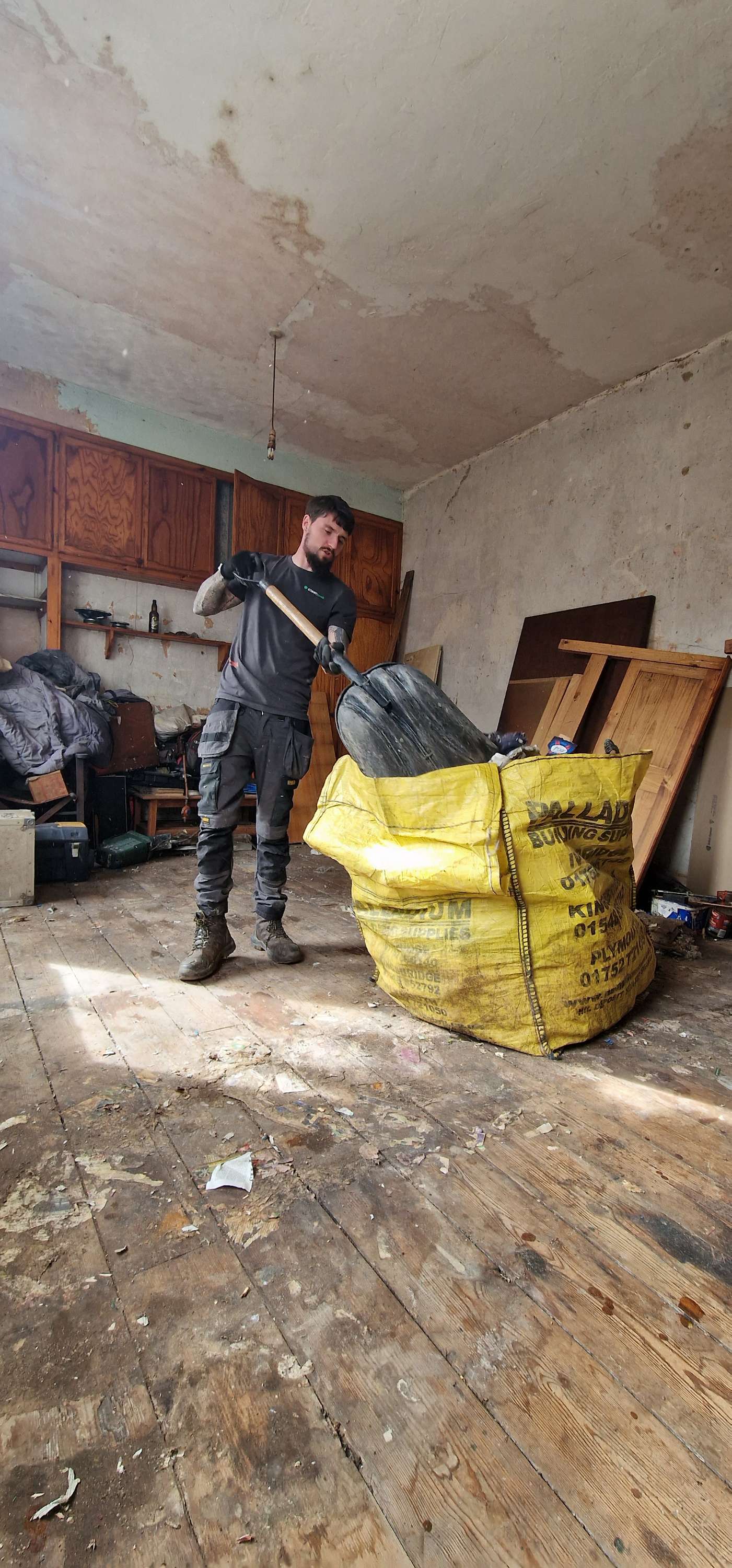Helping a Hoarder
- Mat Goodman

- Apr 11, 2023
- 1 min read
Helping a hoarder
Hoarding disorder is a serious mental health condition that affects people's ability to discard or part with possessions, leading to clutter that impairs the use of living spaces. If you are trying to help someone who hoards, here are some tips:
Be empathetic and non-judgmental: Hoarding disorder is a mental health condition, and individuals who hoard are not doing it intentionally to be difficult or stubborn. It's important to show compassion and understanding towards their struggles.
Educate yourself: Learn more about hoarding disorder, its causes, and its effects. This can help you better understand the situation and provide appropriate help.
Encourage therapy: Hoarding disorder is best treated through therapy, such as cognitive-behavioral therapy (CBT) or exposure therapy. Encourage the person to seek professional help.
Offer practical help: Offer to assist the person in organizing their possessions, disposing of unnecessary items, and cleaning their living spaces. It's important to do this in a respectful and non-intrusive manner.
Set boundaries: It's important to set boundaries and establish limits on how much clutter is acceptable in shared living spaces. This can be a challenging conversation, but it's important for both parties' well-being.
Be patient: Recovery from hoarding disorder is a long and challenging process, and progress may be slow. It's important to be patient and supportive throughout the process.
Remember that helping someone who hoards can be a challenging and complex process. It's important to seek professional help if you or the person you are helping are struggling to manage the situation.
Companies such as our selves ClearJunk can help with the declutter and removal of any unwanted Junk



Comments